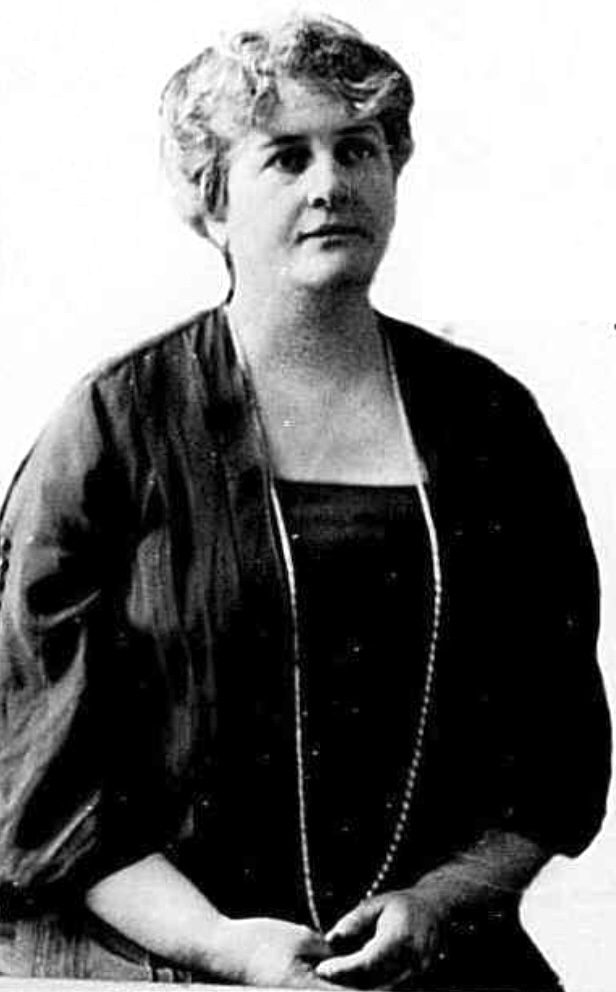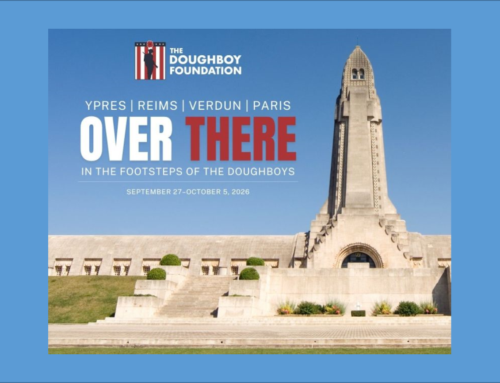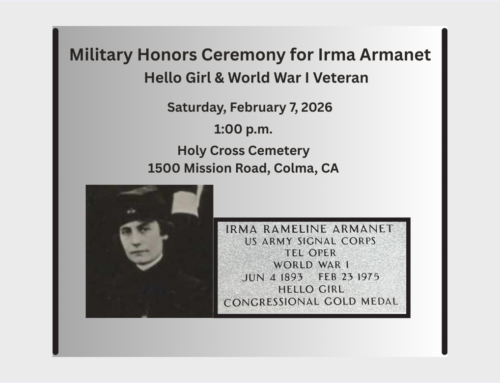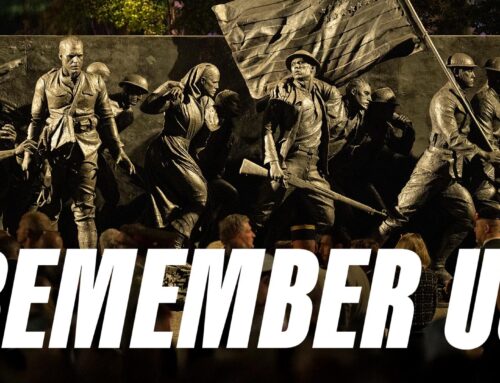“Willing to die with fatigue”: Rebecca N. Rhoads, canteen worker in WWI
Published: 17 March 2025
By EMFOXWELL
via the American Women in World War I website
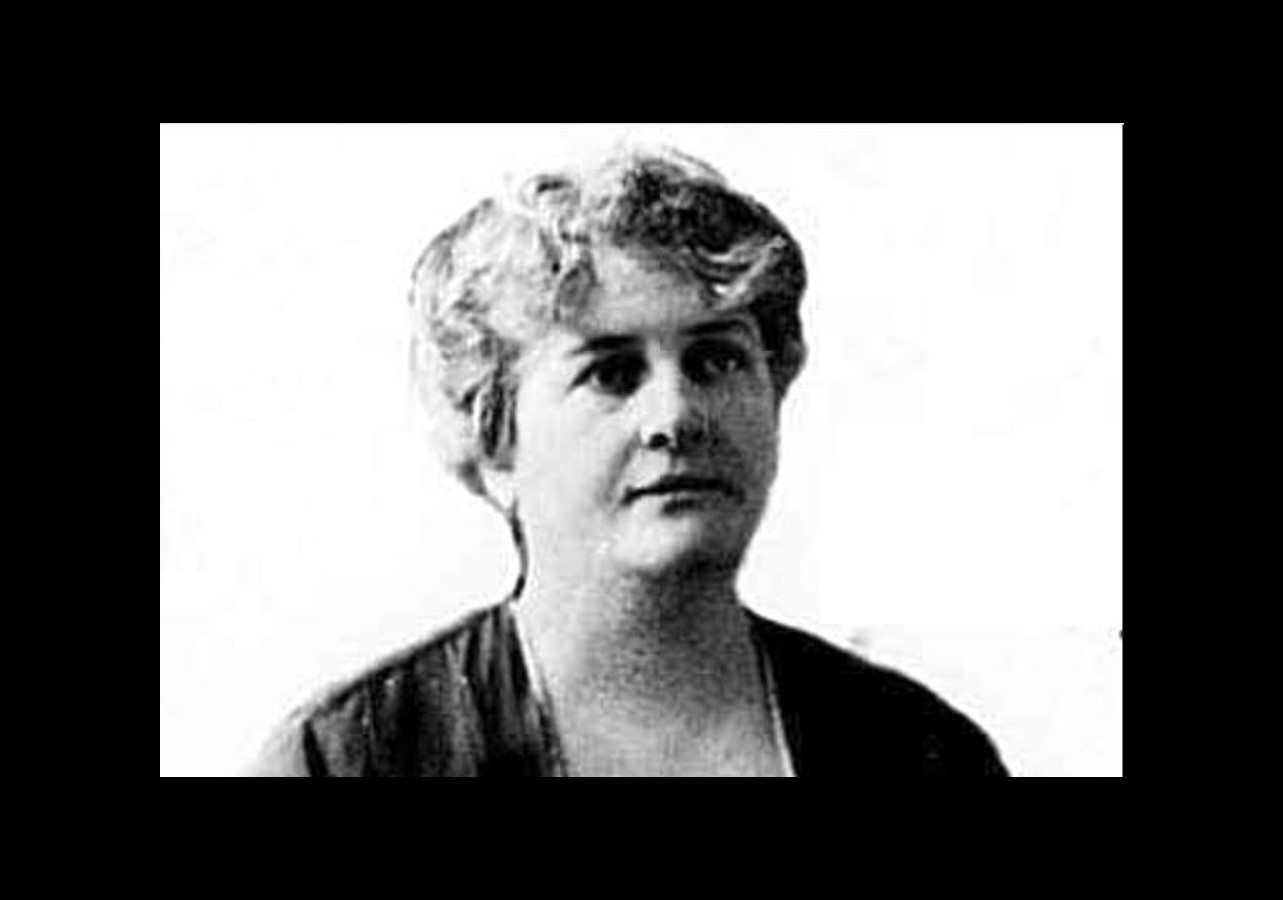
Rebecca N. Rhoads framed
Rebecca N. Rhoads
A member of a Quaker family, Rebecca Naomi Rhoads was born in Bellefonte, PA, in November 1872. Her father, Daniel Rhoads, first worked in the lumber business, then took on the Market Street horse-car line in Philadelphia before he led the Bellefonte & Snow Shoe railroad and was appointed as a judge by Pennsylvania’s governor James Addams Beaver.
Rebecca sailed for France in 1918 to take up YMCA canteen work. A letter published in the 12 Dec. 1918 Democratic Watchman [PA] provides a glimpse of her work.
Well, I’ve done it! My very first sale over a canteen counter was tobacco—Bull Durham. Think of that! It was like going over the top. ….
Already it seems as if I have talked hours to hundreds of boys …. how glad they are to talk to an American woman, and your heart comes up into your throat when you think that in all probability you will be the last woman of their own well-beloved country that many of them will talk to, for so many of them go directly from here to the front, and many never return. ….
The work here is enough to make one willing to die with fatigue, just to see the faces of these hordes of men change from a grave, rather lonely expression to a bright, grateful smile when we American women speak to them. They just crowd around the canteen and trustingly hand out their money in their open palms for us to pick out the price of what they buy, and then hang about and talk and show pictures of their wives, children or sweethearts, as the case may be. ….
[T]hese wonderful men of ours in the army! So patient, cheerful and uncomplaining. They are certainly remarkable. … They are practically all the same brave boys—rich or poor, high or low, white or black, cultured or uncultured, it makes no difference. Just before I left the hospital tonight I smoothed the headache away into a quiet sleep of a great, big, burly negro. ….
The other night we made fudge. Most everybody here craves candy. That has been another of my surprises, to see that the boys really seem to prefer candy, especially chocolate, to tobacco. ….
The other day a haggard-faced, tall, war-worn French officer came to the officers’ hut where I was in charge and after lingering around a little while said he “just wanted to hear a woman laugh.” … [I]t flashed across my mind that the poor women of France, almost all in mourning … had no heart to laugh, saddened as they surely are with the loss of millions of their husbands, sons and sweethearts, and my laughter was very nearly turned to tears. ….
The work here is much more fascinating and absorbing than I ever dreamed of, So many, many different personalities from all of the always interesting people of this land. …… I often think what a privilege it is to be over here helping in what I can do” (4).
→ Read the entire article on the American Women in World War I website here:
External Web Site Notice: This page contains information directly presented from an external source. The terms and conditions of this page may not be the same as those of this website. Click here to read the full disclaimer notice for external web sites. Thank you.
